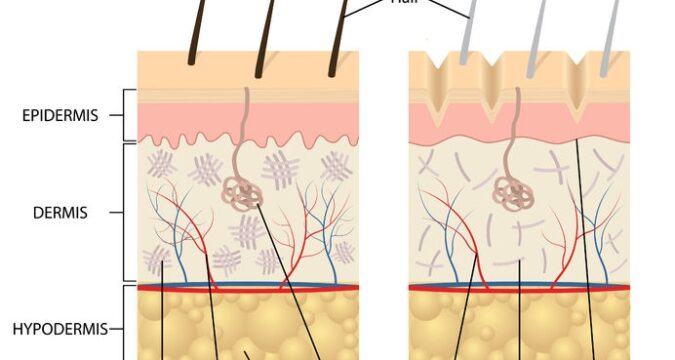
Disclosure: This post contains affiliate links. If you buy through my link or use my codes, I will earn commissions.
Every aging person has looked at their skin at one time or another and wished for some miracle cure that would help them reverse the signs of aging on their skin. Although it might be a natural process, aging skin can affect a person’s self-esteem and confidence. Anti-aging efforts of the leading experts in the field extend to improving the aging skin because it is the goal for many people across the globe.
While many products in the market deal with aging skin, they have varying degrees of efficacy for different people. They also come with varying degrees of potential harm. Many a time, skin care products with harmful chemicals can end up harming your skin. According to a research paper by Wenxin Liang, skincare products carry the risk of causing a range of issues such as cosmetic pigment, cosmetic photodermatitis, irritative cosmetic dermatitis, cosmetic allergic contact dermatitis, cosmetic hormone dependent dermatitis. The types of skincare products that you should avoid using are as follows: benzoyl peroxide, Sodium Laureth Sulfate/ Sodium Lauryl Sulfate, Phthalates, and Dioxin. This is not an exhaustive list, but these chemicals have proven to affect the human body in one or more negative ways.
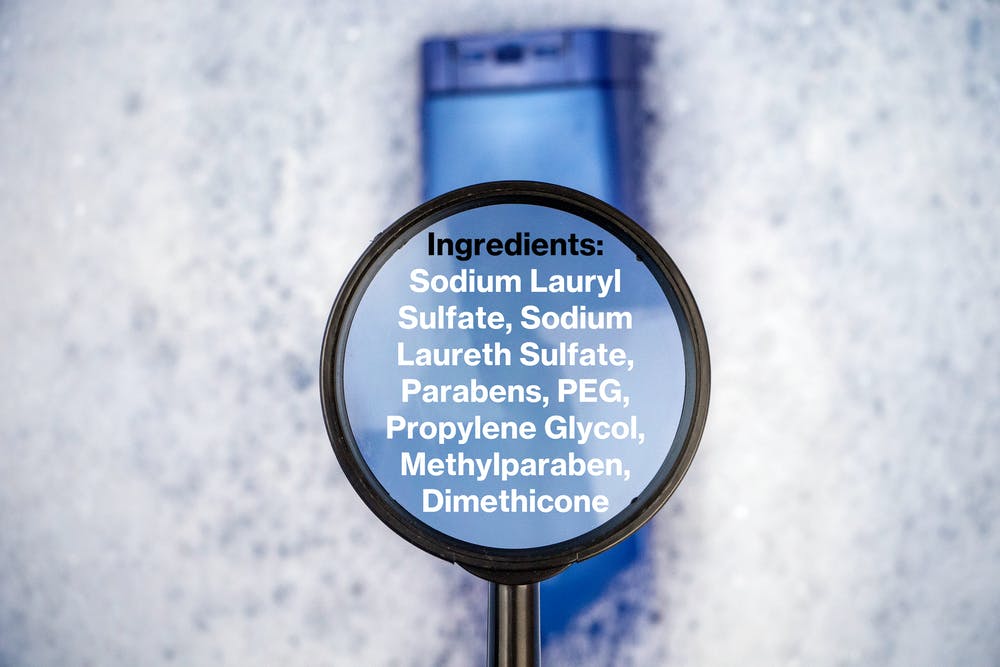
With the recent advances in anti-aging, you do not have to rely on random skincare products that may harm you. While skincare products carry certain risks, it is essential to mitigate that risk by ensuring that the products you are using are in line with the most updated knowledge available to the scientists. The recent anti-aging research has been revolving around a molecule called Nicotinamide adenine dinucleotide (NAD+). It is a substance found in all living things, including humans. NAD+ is essential for a range of processes in our body at the cellular level.
This molecule regulates energy in mitochondria and allows our body to carry out a range of functions that keep aging at bay. As we age, the level of NAD+ available to our cells declines significantly. That results in several disorders and diseases that are associated with aging, including deteriorations in the skin.

In order to mitigate the impact of aging and supplement the cells with the required amounts of NAD+, several products containing NAD+ precursors have been offered on the market. NAD+ precursors help improve the NAD+ levels in the cells by increasing the bioavailable amount of ingredients needed to produce it. NAD+ precursors can be used in different forms including sublingual, liposomal, and oral delivery methods. Supplementing NAD+ helps repair skin damage by improving cellular functions. Many skincare products containing NAD+ are also applied to the skin. Some skincare products contain NAD+ precursors while other products directly absorb NAD+ into the skin.
Aging and Skin
Aging is not a straightforward process because it varies from person to person. A number of factors impact the aging processes in the body including genetics, lifestyle, stress, and exposure to the sun.
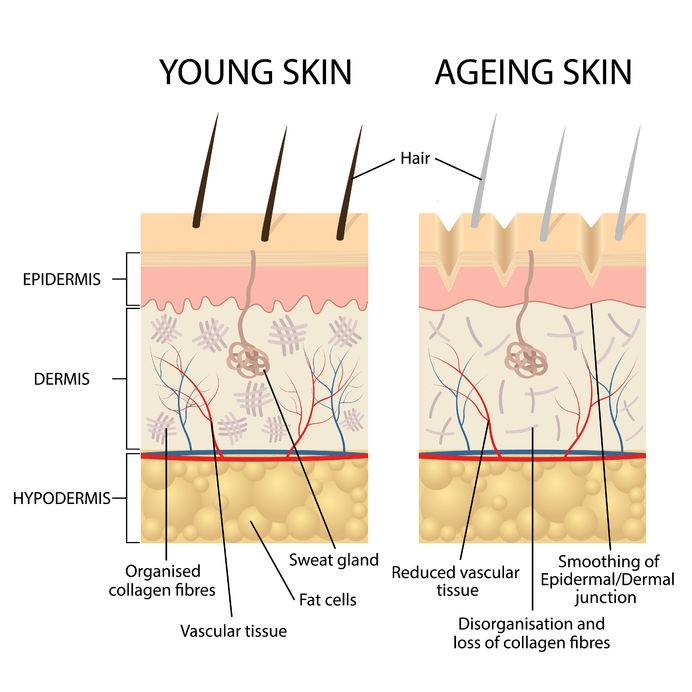
One of the most visible signs of aging comes in the form of changes in the skin. Our skin is the largest organ of the body and like most organs of the body, the skin regenerates with new cells replacing the older ones. With age, skin loses its strength due to DNA damage, accumulation of toxins, and the increasing loss of cellular function. The skin looks paler and thinner because of a decline in melanocytes, the cells that contain pigments. Links, wrinkles, and dark spots may also appear while dead cells become more difficult for the body to shed. Most of these symptoms do appear in almost all aging bodies, but their occurrence may not be uniform across the population.
NAD+ and Skincare
The recent advances in anti-aging have paved the way for products that aim to fight the problem of aging at its roots. Increasing the supply of NAD+ in the body is one way of fighting aging at its core. One of the best solutions for aging skin lies in helping improve the NAD+ levels available to the skin cells so that the changes and damages to the skin can be repaired effectively. Using the products that add NAD+ to the skin cells and blood vessels can improve the overall cellular regeneration and metabolism. The most prominent ways NAD+ can help skincare are discussed as follows.
Photoreception
One of the leading ways our skin gets damaged over time is through exposure to the sun. While sunscreen is important, it is not enough to protect the skin from the damaging effects caused by increasingly hotter temperatures. NAD+ based products can help shield the skin from damage caused by Ultraviolent rays by decreasing the skin’s sensitivity to UV. Furthermore, NAD+ can help repair the DNA damage caused by UV light by improving the cell metabolism in skin cells.
Oxidative Stress
Chronological aging often causes oxidative stress in skin cells which results in NAD+ breakdown in all the layers of the skin. Studies have shown that supplementing NAD+ levels can decrease oxidative stress thus, improving the condition of the skin. Research published in the year 2014 by John E Oblong noted the following about the role of NAD+ in reducing oxidative stress in aging skin:
Recent research has found that NAD+ cellular pools are more dynamic than previously thought, oscillating in tandem with free nicotinamide, and serves as a regulatory point and feedback loop in cellular metabolism regulation, maintenance of mitochondrial efficiency, and circadian rhythmicity. Since UV-induced oxidative stress in skin can disrupt these processes, continued molecular understanding of the role of NAD+ and nicotinamide in skin biology is important to identify interventions that would help maintain its normal homeostatic functions and efficient cellular bioenergetics.
This shows that NAD+ is essential for processes involved in protecting and repairing the skin from damages caused by different sources. More recent research in the field has validated the importance of NAD+ for the skin.
Tissue Inflammation
It has been established that one of the main drivers of aging is the loss of the bodily regenerative capacity of many tissues. Furthermore, this loss of regenerative capacity is exacerbated by alterations in inflammatory pathways and immune dysfunction. Unfortunately, skin tissues are also susceptible to the same. With aging, the skin tissues not only lose their physiological integrity but also experience heightened inflammation dysregulation as well. NAD+ is an excellent tool to fight inflammation dysregulation as recent research has found growing evidence that increasing NAD+ supply to the cells can improve inflammation regulation in the body. In order to reduce inflammation in the skin tissues, NAD+ might be a perfect choice.
NAD+ based Skincare Products
Having understood the role of NAD+ in skincare, it is important to look at a few skincare products that offer solutions based on NAD+ and its precursors.
Renue by Science – Transdermal Body Serum with Liposomal NAD+ Complex
The first product on the list is part of the skincare line by one of the leading anti-aging companies, ‘Renue By Science’. Transdermal Body Serum contains NAD+ and its precursor Nicotinamide Mononucleotide (NMN). The serum also contains Apocynin which lowers inflammation and oxidative stress by inhibiting NADPH oxidase. Other ingredients of this serum include Resveratrol, Hyaluronic Acid (HLA), and Alpha-Lipoic Acid (ALA).
All of these ingredients combined A combination of NAD+, NMN, Apocynin, and other ingredients is delivered to the skin in the form of liposomes, making the molecules readily available where they are needed through absorption through liposomal delivery. These liposomes deliver a high concentration dose of the serum’s ingredients deep into the dermal layer. This serum has been designed to accommodate all skin types and can be used during night and day, both. Furthermore, the serum maintains a pH of 5.5, the ideal pH value for skincare products.
The serum is available in a 150 mL for a price of $84.95. One dosage of this product comprises of 4 pumps and provides 2mL of serum to the skin. In each dosage, a total of 100 mg NAD+ complex is absorbed in the skin.
Neurogan Anti-Aging Face Serum
The second product on the list is called Cellular Repair Serum by ‘Neurogan’.

This product contains one of the most effective precursors of NAD+: NMN. NMN is widely used in a range of anti-aging products. For skincare, it is present in lotions and serums that are directly applied to the skin. This face serum by Neurigan contains NMN in order to help boost the NAD+ supply in the skin. This serum has been advertised to be suitable for normal, dry, sensitive, oily, and combination skin types. This 2000 mg bottle costs a total of $29.95 at Amazon.
Restorative Night Cream by Nadia
The last item on the list is Nadia’s Restorative Night Cream with NAD+.

This cream contains NAD+, Vitamin E, glycolic acid, and CoQ10. The brand is fairly new but has been making waves in the market with its several offerings in the skincare line, with NAD+ as a central ingredient in most of their product. The night cream comes in a bottle of 30 ML and costs $90.
Frequently Asked Question
1. Is NAD+ safe for the body?
NAD+ is certainly safe for consumption. Many studies have shown that NAD+ precursors are safe for human consumption.
2. Have these skincare products been tested by independent labs?
The serums from Renue and Nadia mentioned above had third-party testing certificates available on their website.
3. Are there any side effects of using NAD+?
No side effects have been reported for use of products containing NAD+. There are mild side effects associated with oral consumption of NAD+ precursors such as headache, and nausea but these side effects are not present for the skincare products.

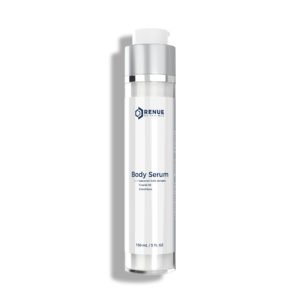


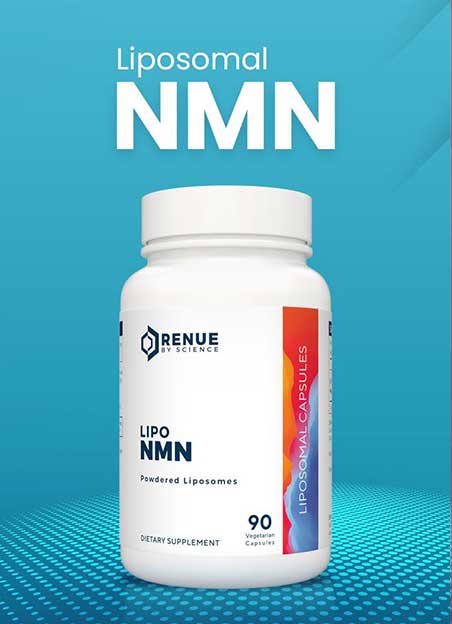

 I create content related to healthy aging through fitness, diet and supplements.
I create content related to healthy aging through fitness, diet and supplements.

